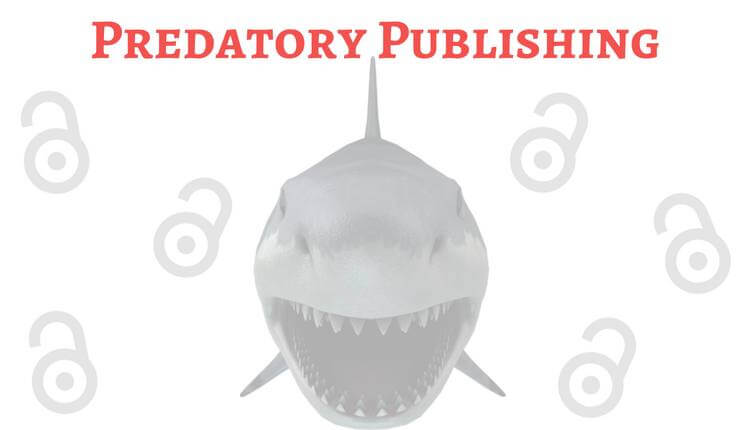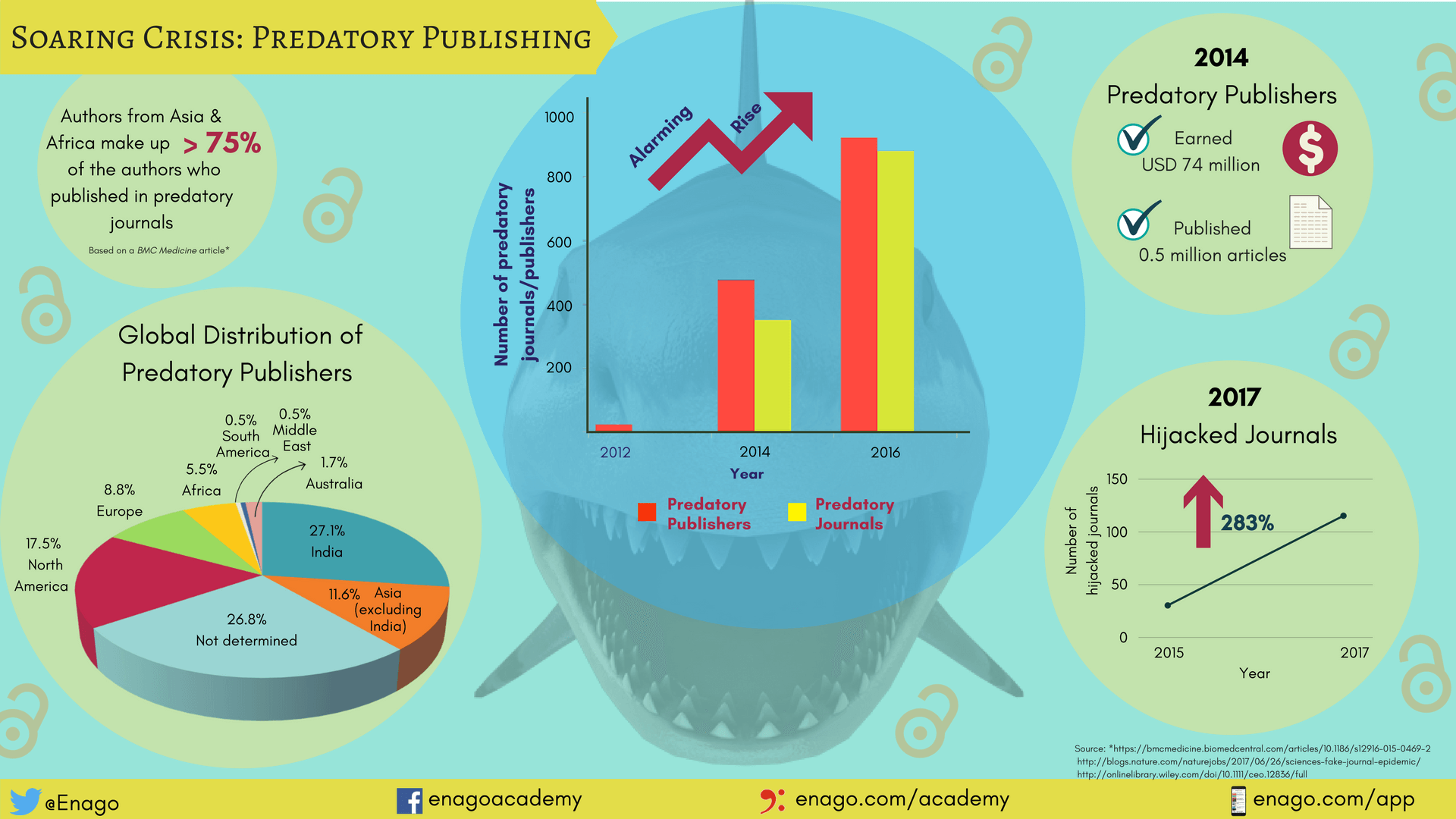Alarming Data: Cancerous Growth in Predatory Publishing!

The open access movement has not only facilitated unrestricted access to scientific research but also given rise to predatory publishing. This unethical author-pay model has duped researchers into publishing in counterfeit journals that lack transparency and integrity. Such practices can adversely affect the careers and profiles of researchers. Moreover, predatory publishing undermines the trust of the authors to publish in open access journals, thereby devaluing the objectives of open science and effective communication of research in the academic community.
Therefore, to effectively address this growing problem in academic publishing, researchers need to carefully assess when and where to publish, utilize tools and platforms to identify predatory publishers, and conduct background checks to look for obvious red flags (especially for suspicious journals) before making a submission. In this infographic, we provide an overview of the predatory publishing landscape to help authors understand the publishing crisis gripping not only early career researchers but also senior scientists.







